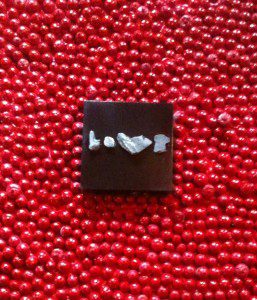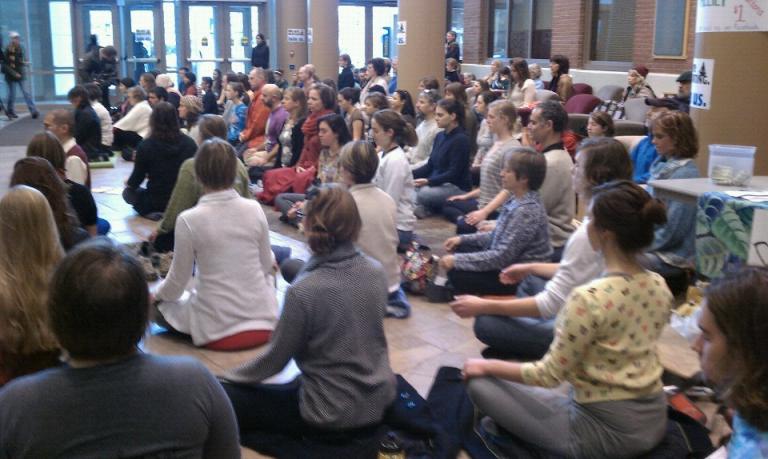 Acceptance is, in many ways, a synonym for mindfulness. When we are mindful, when we give our full attention to whatever is happening now, and can do so without the usual storytelling, pushing, pulling, and judgment then we are here – in acceptance.
Acceptance is, in many ways, a synonym for mindfulness. When we are mindful, when we give our full attention to whatever is happening now, and can do so without the usual storytelling, pushing, pulling, and judgment then we are here – in acceptance.
But this is not where we typically are. It is rare that we give our full attention to what is happening now. We give partial attention. The rest of our attention is somewhere else. It might be on something related to what is happening now and in that case we find ourselves pushing against and pulling away from the experience. We have opinions, judgments, and desire to make things slightly different (or very different) or to have things to continue as they are.
Or our attention may be somewhere else thinking about what’s for dinner, or reviewing a past conversation. Wherever attention is, it is not here fully experiencing what is present in this moment.
There is a basic choice we have in every moment of our existence. I can be with whatever is happening or I can want to change it. Our felt need to change is automatic, reflexive, and, perhaps even, compulsive. It may be relentless, like a comfort seeking missile, we seek to tweak, adjust, and modify each circumstance. Or, in the rare moments when things feel perfect, we worry about losing the experience.
Acceptance is not acquiescence. We find ourselves in many situations that are not ideal. In some of these situations, there is a reasonable action that we can take to change the situation. If you are sitting in a room and it is hot, get up and open the window, if that is a feasible thing to do in that moment. There is no particular virtue to remaining hot when a simple action can change that. However, there are many situations in life where a simple action is neither feasible nor possible. You are outside waiting at a bus stop and it is hot. There is nothing that you can. You are stuck waiting. In this situation, acceptance is an option; resistance is another option.
When we resist we are complaining about the situation. “I hate being hot.” “I wish it was winter” (and when it was winter the wish was for summer). The complaint creates a boundary of tension between ourselves and the experience we are having in that moment. Dissatisfaction, anguish, even outright suffering can arise from that tension. It takes energy to maintain that tension. Our sense of “me” is pushing against the reality of the situation. “I don’t want this.”
Wisdom says, Hot Buddha sweats; cold Buddha shivers. When you are hot, you sweat. That’s an experience, and as long as you are not at risk for heat exhaustion, it is not a problem unless you make it into one. Yet, how often do we make it into a problem? How many moments of our lives involve this pushing against what is so, whishing it was somehow different? A lot. Most of them, I venture to guess.
Acceptance is a profound, perhaps the most profound, way of being in the world. It is the raw, unadulterated experience of our life in this moment. It is the only way to meet life as it is; everything else is fantasy, imagination, and hope.

